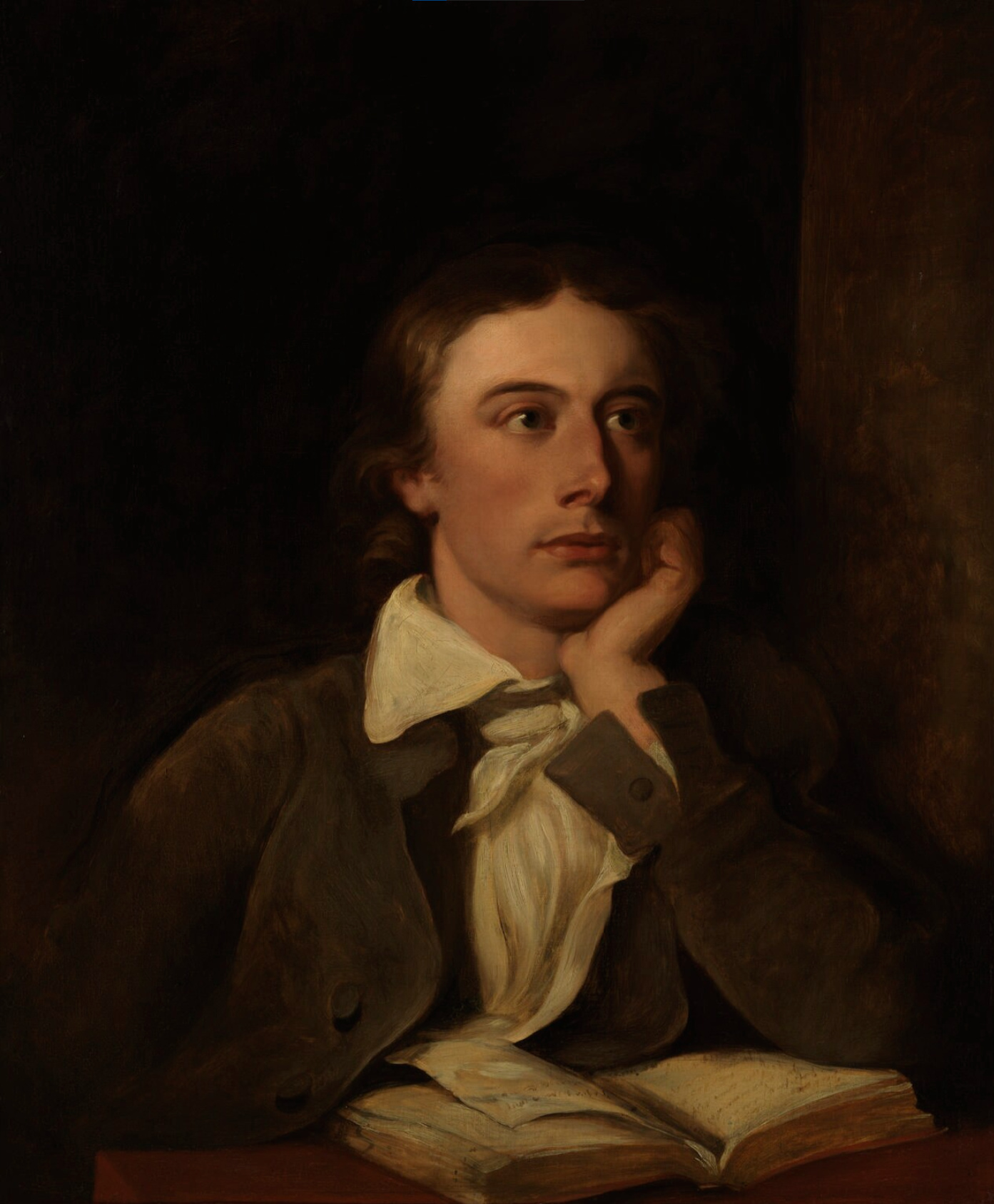Parliamo questo mese di una poesia che è stata scritta per l’autunno: To Autumn
“To Autumn” was written by the English poet John Keats in 1819, when he was 24 years old. The poem was born after a walk near the river Itchen, in Hampshire, England. As he wrote to his friend: How beautiful the season is now. How fine the air – a temperate sharpness about it…This struck me so much in my Sunday’s walk that I composed upon it. The poem would go on to become one of the most celebrated in the English language. The last stanza, the most popular one, represents a sort of defense of the autumn season, often unfavorably compared to Spring. (traduzione della poesia di Silvano Sabbadini)
Where are the songs of spring? Ay, Where are they? E i canti di primavera? Dove sono?
Think not of them, thou hast thy music too,
Non pensarci, tu, che una tua musica ce l’hai
While barred clouds bloom the soft-dying day, Nubi striate fioriscono il giorno che dolcemente muore
And touch the stubble-plains with rosy hue;
E toccano con rosea tinta le pianure di stoppia.
Then in a wailful choir the small gnats mourn
Allora i moscerini in coro lamentoso, in alto sollevati
Among the river sallows, borne aloft
Dal vento lieve, o giù lasciati cadere,
Or sinking as the light wind lives or dies;
Piangono tra i salici del fiume;
And full-grown lambs loud bleat from hilly bourn;
E agnelli già adulti belano forte dal baluardo dei colli;
Hedge-crickets sing; and now with treble soft
Le cavallette cantano, e con dolci acuti
The red-breast whistles from a garden-croft;
Il pettirosso zufola dal chiuso del suo giardino;
And gathering swallows twitter in the skies.
Si raccolgono le rondini, trillano nei cieli.
All’autunno fu scritta dal poeta inglese John Keats nel 1819, quando aveva 24 anni. La poesia nacque dopo una passeggiata vicino al fiume Itchen, nell’Hampshire, in Inghilterra. Come scrisse al suo amico: “Com’è bella la stagione ora. Come è bella l’aria – una temperata nitidezza su di essa… Questo mi ha colpito così tanto nella mia passeggiata domenicale che ho composto su di esso”. La poesia sarebbe diventata una delle più celebri della lingua inglese. L’ultima strofa, la più popolare, rappresenta una sorta di difesa della stagione autunnale, spesso paragonata sfavorevolmente alla primavera.

